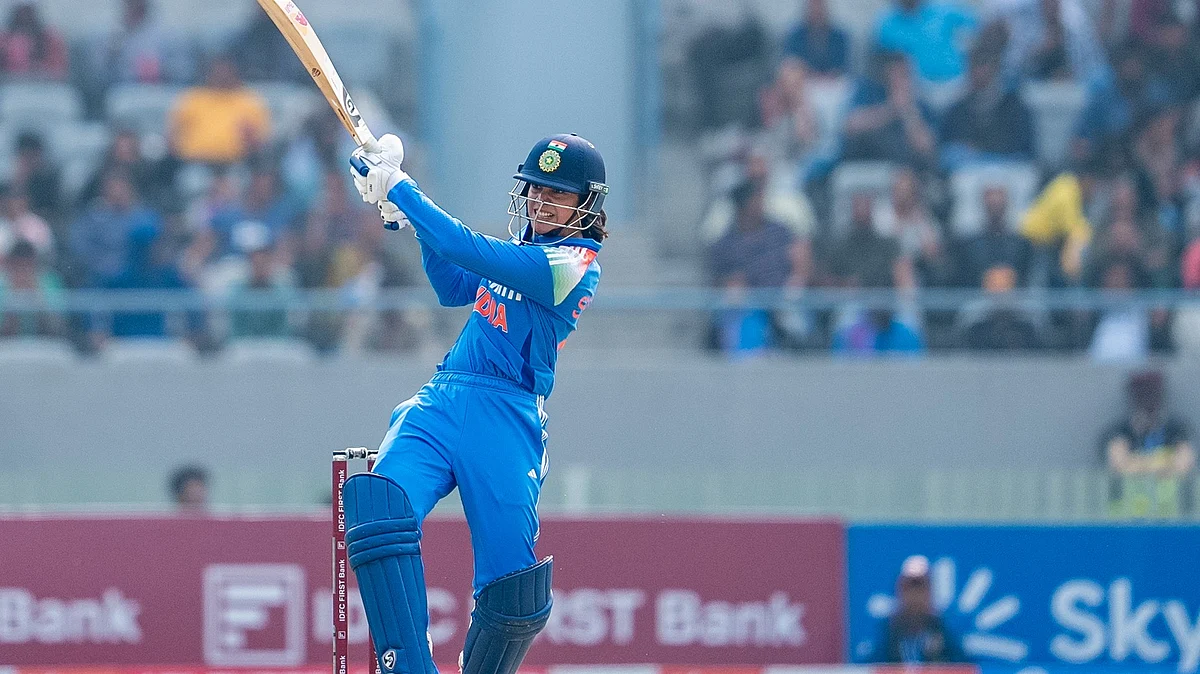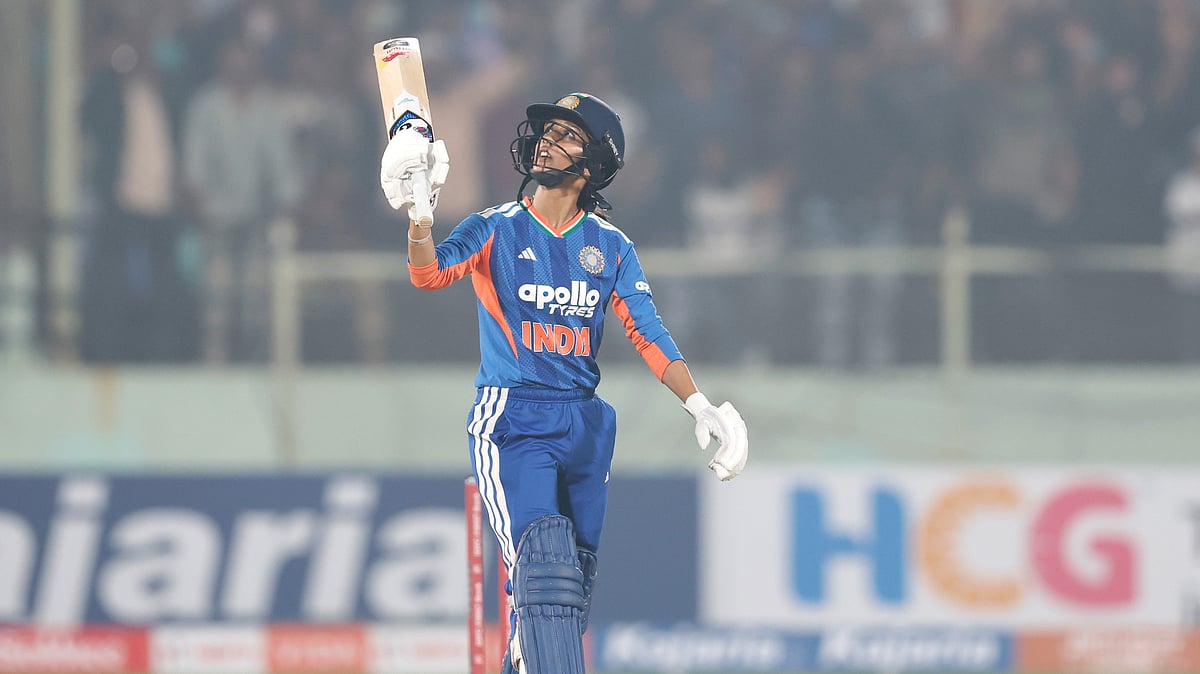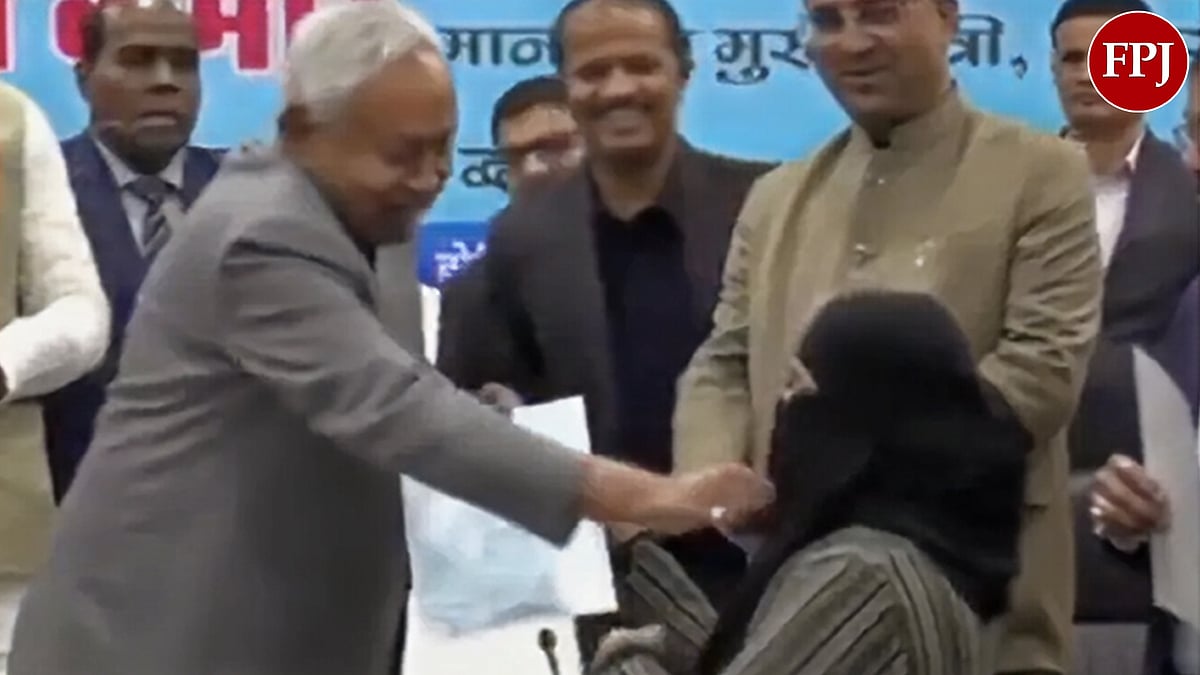As the Congress party’s political imprint in the country has shrunk to its lowest after a dismal performance in five states in last month’s assembly elections, the grand old party appears to be staring at a loss of national relevance, especially with the growth of regional parties like the Aam Aadmi Party. A dominant force in India’s politics for decades, the party’s drastic decline in its tally in general elections and state polls is something that should worry the party leadership to no end. With the Congress failing to retain power in Punjab or exploit anti-incumbency in Uttarakhand, Goa, and Manipur, besides a miserable show in the politically crucial state of Uttar Pradesh, it is hardly surprising that chronicles of the Congress’ further decimation are being predicted once again. After repeated poor performances at the hustings, political analysts feel the Congress may face an existential crisis in the changing political landscape with the BJP emerging stronger with each election and an aspirational India opening up to new choices. With the loss in Punjab, the Congress remains in power in only four states – two on its own in Rajasthan and Chhattisgarh and two as a junior coalition partner in Maharashtra and Jharkhand. ‘Change or it will be the endgame’ is the common refrain from many party veterans, opposition leaders, poll analysts, and political pundits. The question, therefore, is whether Congress will reinvent itself or decline further.
After the party’s poor performance in recent elections, questions have been raised about the Gandhi family’s leadership and its inability to garner votes for the party. Some of the G-23 leaders, who have vocally sought organisational overhaul over the last two years and raised questions over the party’s leadership have once again pitched for reforms. But all the talk about reforms will now have to wait till August-September when organisational polls would be concluded. Meanwhile, the peace formula or truce, tentatively worked out between Sonia Gandhi and the G-23 group, appears to be having some concessions for the G-23 protagonists. Critics within and outside the Congress view Sonia’s efforts as ‘too little too late’ on the ground that these peace formulae and truce talks have little to shore up the Congress’ prospects in either ensuing assembly polls or for the 2024 Lok Sabha elections. But, the big question is about Rahul Gandhi’s, as also the Gandhi family’s future role in the party. There is no clear answer to it. The G-23 group is said to be sharply divided on the Rahul question. While some prominent members do not want Rahul to be playing any pivotal role in the Congress, Sonia and Priyanka Gandhi are said to be in favour of Rahul as the centrepiece in the Congress. But the catch is that Rahul is reportedly not sure about taking back a job that was given to him in 2017. As per the party’s constitution, the tenure of the Congress chief is five years. If Rahul throws his hat in the ring, he will lead the party till 2027; the same goes for a non-Gandhi family contender.
Interestingly, much of the G-23 leaders’ game plan is said to be based on the premise that Rahul would not be taking the mantle of leadership in August 2022. If he surprises them, then the Congress is likely to witness another engaging battle of marginalisation of the old guard or Rahul’s own version of compromise and consensus-building. In the protracted battle of attrition between the official Congress establishment and dissenters, the Gandhi family may have an upper hand, given that the dissenters or change-seekers are not relevant electorally in any meaningful way and therefore offer no hope.
The political success and failure of a party like the one as big and old as the Congress is hardly a result of one or two factors. Several complex issues – social, political, organisational – have been responsible for its gradual decline from a preeminent party to its current crisis. Leadership, for instance, is one of them. Its inability to connect with the masses in the current political operating system, which is defined by the BJP’s version of emotive ‘Hindu-ness’, is another reason. Demoralisation of middle-level leaders and ground-level party workers as a result of a series of electoral debacles is yet another factor. The Gandhi family’s loss of power to pull in votes in big numbers for the party is also one of the many factors that have contributed to its free fall.
But what can’t be ignored is the fact that despite the Congress having reached its lowest point in electoral terms and the enormity of the leadership’s ineffectuality, the party still, after all its debacles, has around 700 MLAs nationally, against the BJP’s 1300-plus. This shows that Congress has a pan-national footprint, but lacks a political identity and leaders to make something of this pan-India presence. There are no quick formulas for the Congress’ revival, which is a long-drawn-out process. One of the catalytic factors for its revival would be to start winning elections after a thorough organisational overhaul. A lot of hard work lies ahead for the Congress in coming months for its genuine revival. Given that the party is in a bind because of various obstacles, the task doesn’t get tougher than this. Without reinvention, Congress will not be able to counter the BJP’s emotive connection with voters, which is based on the potent combination of religion and nationalism. Opposing this will require clever, realistic, and practical ideas that do not dilute Congress’ belief in secularism but at the same time make the point about the dangers of divisiveness without annoying the majority community.
Apart from resolving the leadership conundrum, unless the Congress, which is in direct contest with the BJP in 200-plus seats in several states like Gujarat, Madhya Pradesh, Rajasthan, Haryana, Chhattisgarh, Maharashtra, Jharkhand, Assam, Uttarakhand, and Himachal Pradesh, starts beating its arch-rival, the Congress story will not become promising. Neither will it become the fulcrum of Opposition politics.
(The writer is an independent Mumbai-based senior journalist)









